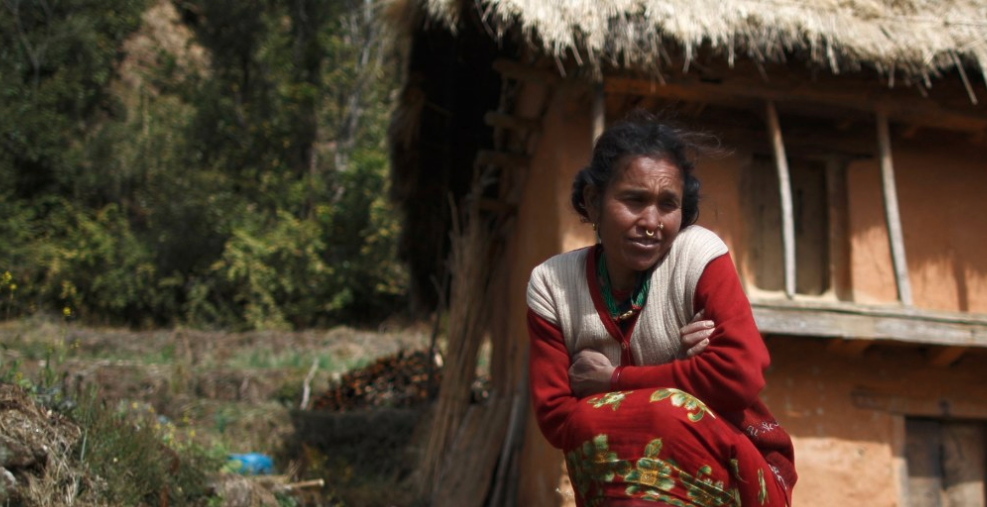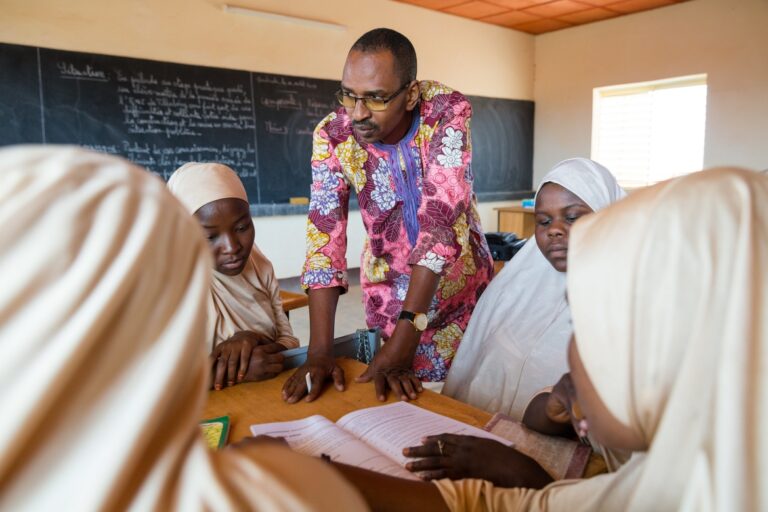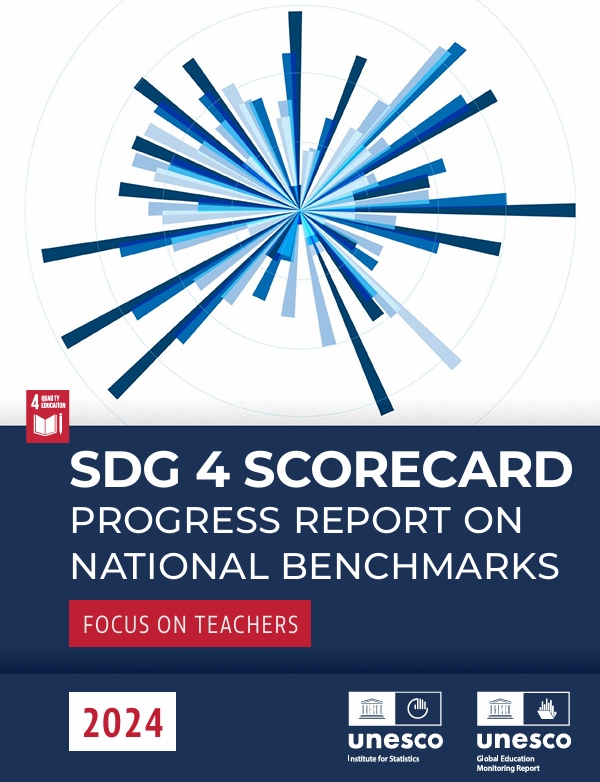“I used the sanitary pad upside down for about a year because I was neither told by anyone how to use it properly, nor did I ask anyone due to the fear of humiliation. It leaked and I was so embarrassed. One day, I saw my friend using the pad in the restroom and I realized that I used it wrong.”
“When I had my first period, I used sanitary pads. My mom bought them. But she didn’t tell me about the cycle and I used the pad every day for about two months until I knew from my friend that periods have a cycle.”
These statements from girls in Nepal only three months ago show that open conversation about menstruation is still considered a “taboo” subject. Since my return from Brookings as an Echidna Global Scholar, I have visited multiple rural communities in Nepal, and found that adolescent girls are still suffering during menstruation…
CONTINUE READING AT AUTHORS WEBSITE >>






